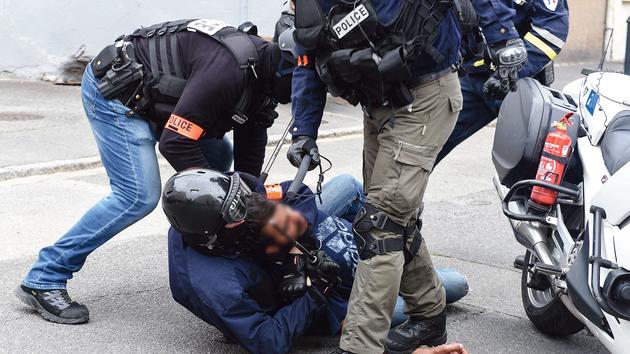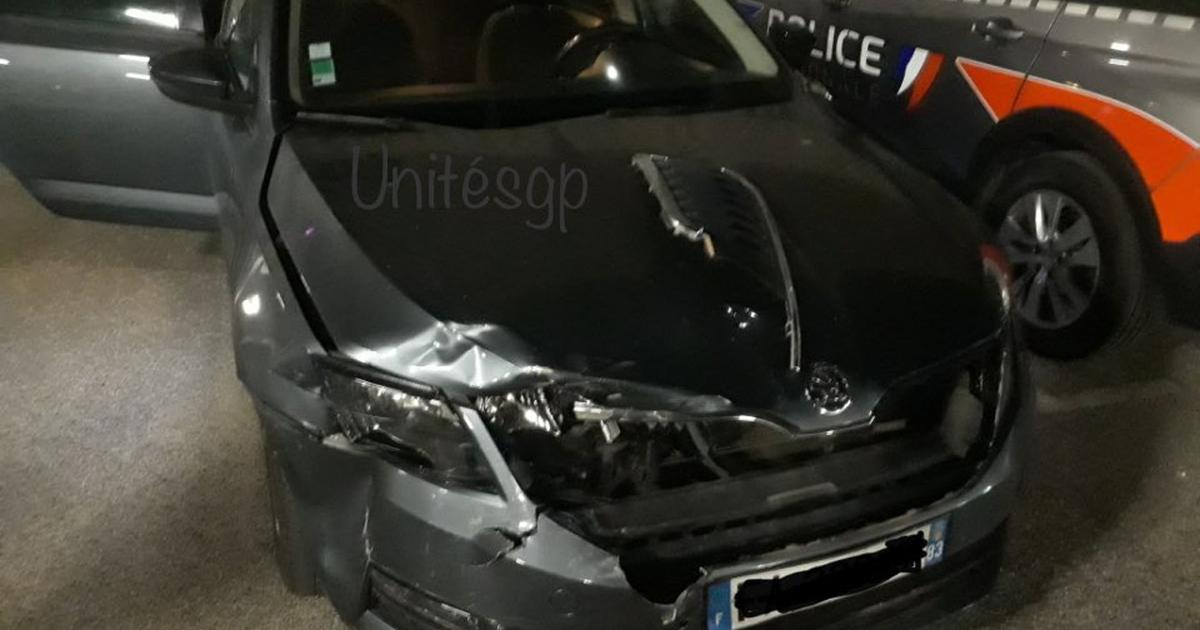The chronicle of a planned abandonment, that of the “strangulation key”, found its epilogue in the middle of the summer and risked profoundly disrupting the intervention techniques of the police.
Friday, July 30, while France balances between desire for holidays and tensions around the health pass, a note from the director general of the national police (DGPN), which
Le Figaro
has obtained, recorded the end of this practice.
Read also:
Urban rodeo: the police intensify the hunt
She had hit the headlines after the death by asphyxiation of Cédric Chouviat during a stormy control near the Eiffel Tower, January 3, 2020. At the height of the controversy and before leaving Place Beauvau with tar and feathers , Christophe Castaner had provoked the anger of the ranks by throwing to the nettles this
“method of taking by the neck (…) which will no longer be taught in police and gendarmerie schools”.
But this practice is still used in the field, pending the conclusions of a commission of experts responsible for reviewing the use of techniques.
“The summary report notes that the technique known as the strangulation presents risks,
underlines the note signed by Frédéric Veaux.
It was therefore decided to give it up definitively and to change practices.
"
Three other recommended techniques
“
To control recalcitrant individuals and minimize the risks for those arrested as well as for the police”,
the document specifies that three techniques will henceforth be used.
They are based on
"a principle of gradation of force according to the resistance of the individual, using the methods of bringing down and control without resorting to continuous and prolonged pressure at the level of the larynx".
Besides
"bringing it to the ground by pivot"
and
"bringing it to the ground by checking the shoulder line"
, gestures clearly unknown to the practitioners of the interpellation, the text now recommends the "
mastery by control of the head (…) significantly restricting movement capacities ”.
nothing is said on the schedule to train 105,000 police officers in the field when, precisely, the difficulty is to be able to repeat again and again the right actions to avoid incidents
Grégory Joron, deputy general secretary of the SGP Police-FO unit union
"In the note, nothing is said on the schedule to train 105,000 police officers in the field when, precisely, the difficulty is to be able to repeat again and again the right gestures to avoid incidents",
reacts Grégory Joron, secretary general. union delegate SGP Police-FO Unit. He recalls that
"the technique of strangulation is mastered, when it is well learned, from the age of 14 or 15, in judo
".
"The compulsory pace of training for all police officers working on public roads will be stepped up,"
warns the DGPN, which specifies that a
“Awareness of the identification of signs of respiratory distress or signs of abandonment of the individual's opposition (…) will be disseminated very widely”.
"The field agents, who are not all combatants, will do with the means at hand when they will have to deal with a guy weighing 30 kg more than them", we
hiss in the ranks.
Read also:
Are there four times fewer police attacks than ten years ago?
Some "old" could keep the choke key, at their own risk, in case of incidents. Others, more numerous, will be tempted to use even more so-called “intermediate” weapons, with the dangers of injuries that they entail. This is particularly the case with the defense stick and the Taser-type electric impulse pistol, used 2,297 times in 2020. This is double compared to 2016.















